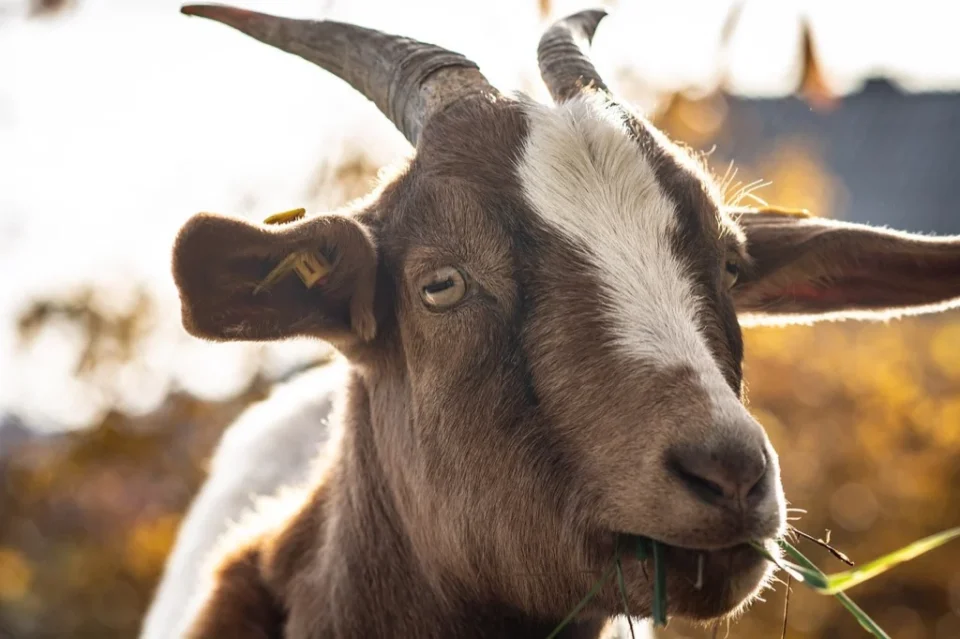The Turkish Cooperation and Coordination Agency (TİKA) has unveiled a groundbreaking initiative aimed at strengthening Libya’s livestock sector through sustainable feed production. Dubbed “365 Days of Fresh Feed,” the project was officially launched in the Tajoura district of Tripoli in partnership with the Municipality of Tajoura.
Implemented for the first time in Libya, the initiative introduces a modern fodder production system known as Hasılmatik, which transforms wheat and barley seeds into highly nutritious green feed within just 7 to 10 days. According to TİKA’s Tripoli Coordinator, Ali Suha Bacanakgil, the system delivers significant advantages over traditional dry feed.
“The Hasılmatik process produces fresh feed that is fully edible — including sprouts and roots — and boasts 100% digestibility. This makes it far more efficient and beneficial for animal health and productivity,” Bacanakgil explained.
He added that TİKA aims to scale up the project by engaging more local stakeholders, including other municipalities and agricultural cooperatives, to promote widespread adoption of the technology.
Ayman Al-Salim, Deputy Mayor of Tajoura, praised the project as a timely solution to one of the region’s major challenges — groundwater scarcity. “With its simple design, minimal water requirements, and high productivity, this initiative presents a sustainable path forward for livestock production in water-stressed areas,” he said.
Local farmer Mahmoud Marwan, one of the project’s first beneficiaries, highlighted the practicality of the system. “It’s a real time and land saver,” he noted. “The feed produced is not only suitable for cattle, but also for sheep, goats, and poultry — making it a versatile solution for farmers of all scales.”
With its promise of year-round, water-efficient feed production, the 365 Days of Fresh Feed project is poised to make a lasting impact on agricultural resilience and food security in Libya.



